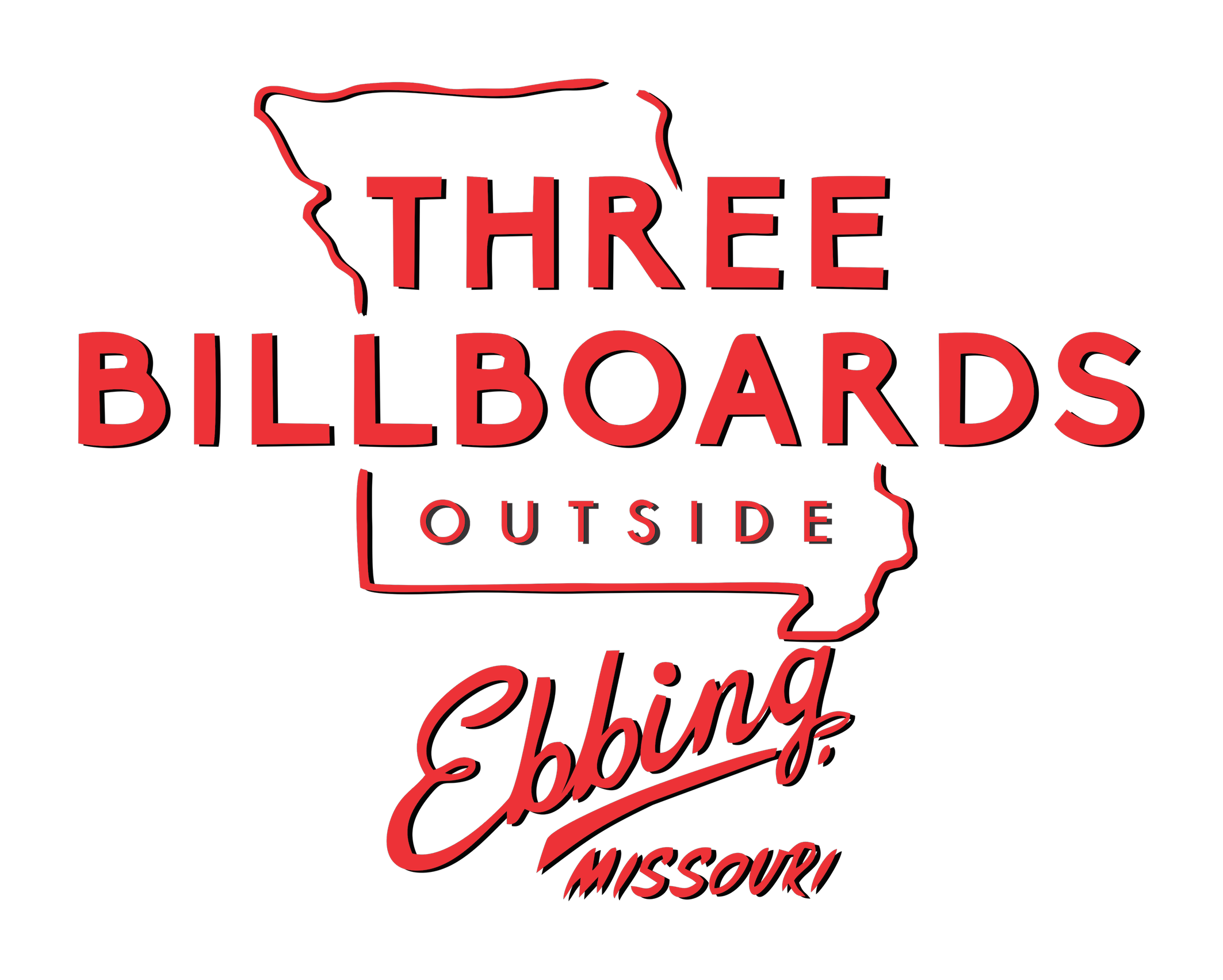The evolution of the way we consume music has been driven by society’s expectation to have free content. The days of the Compact Disc are numbered, as new releases from artists are made readily available on the Internet before initial release dates.
However, as illegal downloading has become increasingly more accessible in the last few decades, the future of music release is under much deliberation. How can musicians expect to make money from their work releases when their fans can easily obtain their album free of charge?
This isn’t a new threat to musicians and artists. The development of the MP3 file initially started in the 1990s by researcher Karlheinz Brandenburg retained perceived fidelity in a file a fraction of the size of the original recording.
The MP3 was suppressed by competitors to stop it being used as industry standard therefore it was released as free software on the Internet. This event is often considered by many to signal the end of the music industry. As a result of this, freeware such as Winamp was introduced in 1997, allowing people to encode their CDs into MP3 format on computers.
As broadband became more common in households, the Internet got faster. At the same time, PC memory increased to enable more storage. In 1999, Napster was launched to enable people searching for shared MP3 files to find sources more reliably.
Later, as speed and storage increased further, BitTorrent arrived in 2001, and is now estimated to be collectively accountable for approximately 40 up to 70% of all Internet traffic. This allows larger files like HD films to be distributed more efficiently by linking the downloader to a ‘swarm’ of uploaders.
So what does this mean for the music industry as a whole? With the widespread use of MP3 downloads, many popular albums were leaked onto the Web before their set date. Many top pirating groups competed for prestige rather than financial gain, which is an important subversive effect of the Internet.
Sources for content included the theft of pre-releases from CD factories or uploads of albums given to DJs and journalists. The piracy of rap featured strongly due to the music tastes of the core pirating demographic.
Lil’ Wayne recognised the power of this trend and returned to prominence as a rapper by leaking his own material, restoring his reputation as a prolific artist.
The music industry reacted too slowly to this societal expectation of free music (by 2015 it had lost $21 billion in revenues). Ultimately Napster was closed down by legal action.
Pay download and subscription sites such as iTunes and then, as network speeds increased, the Spotify streaming service, which acts essentially as an internet jukebox funded by advertisement and subscription. As a result of this revolution, album and single sales plummeted.
Bands need to devise new ways to secure revenues. In 2015, top acts such as Adele and Coldplay released their albums near Christmas time to attract a ‘gifting’ market. Many bands now make more money through touring and live performances than album sales.
The future of music downloading is under much debate at this point in time. The concept of copyright (originating in the eighteenth-century as a result of the proliferation of printed works) appears to be under threat and out-dated.
Music is no longer a scarce resource and therefore the music industry will no longer react according to an established economic model. Subscription may prevail in the end, but are consumers happy to borrow a product rather than own it? The renaissance of vinyl may restore hope in the sales of physical releases.





